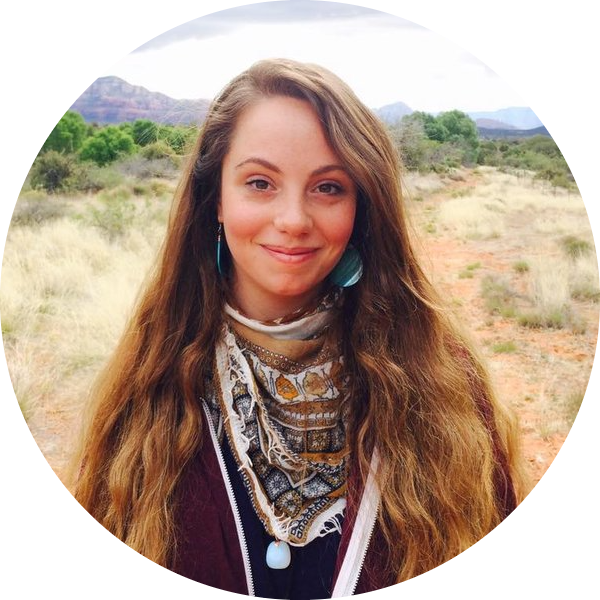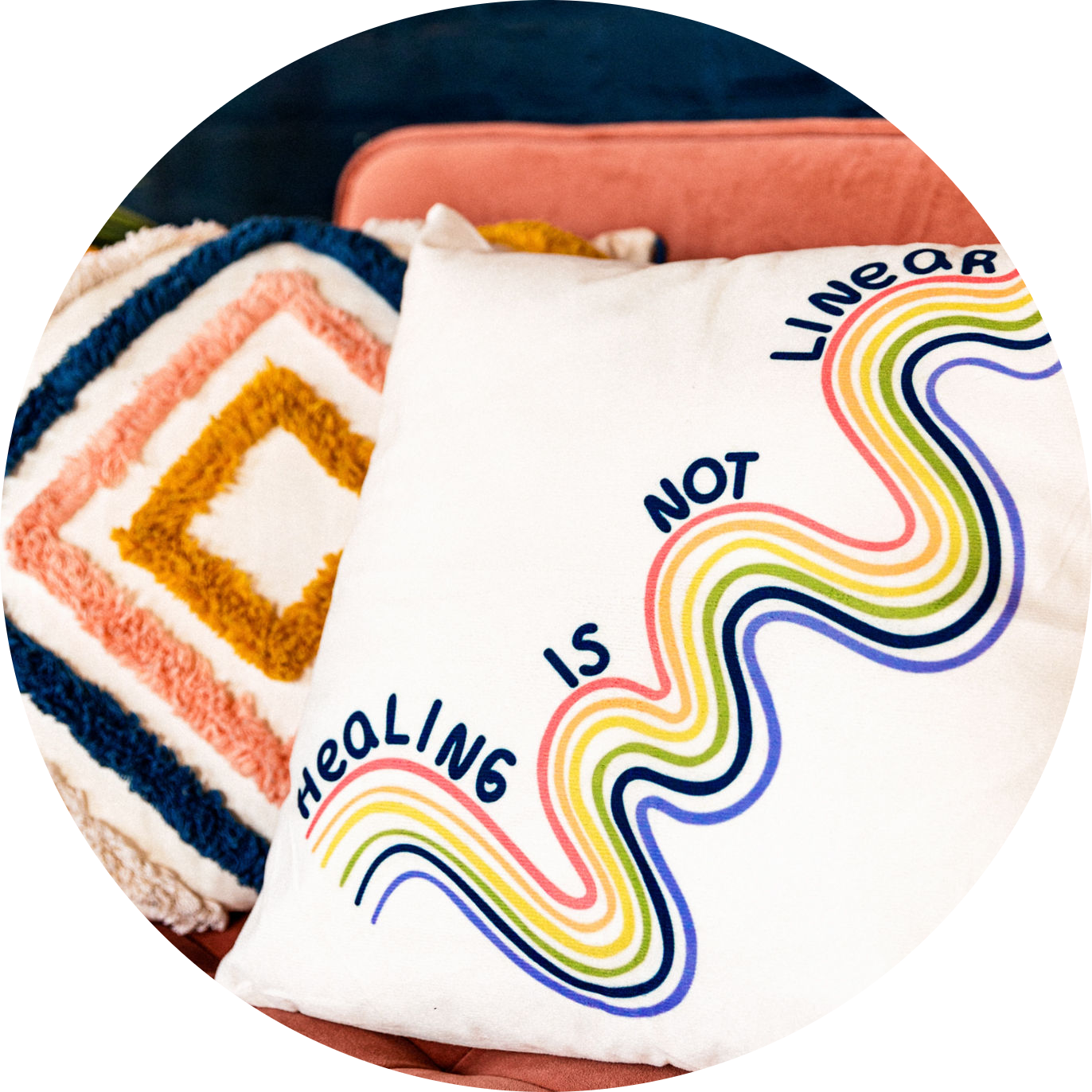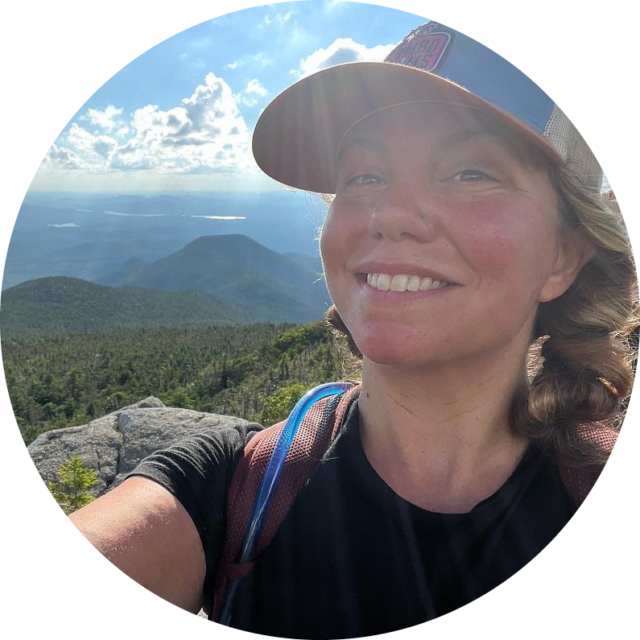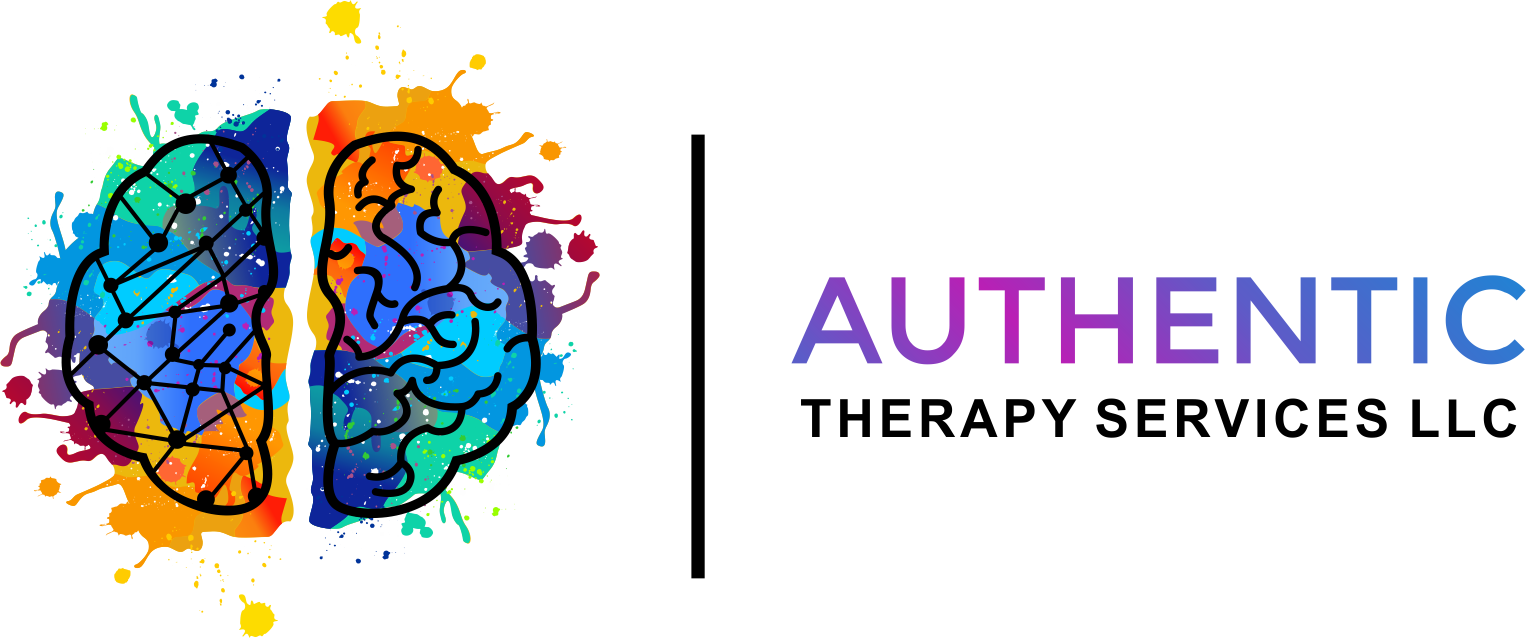Associate Therapist
Cole Hooley, MSEd
Pronouns: she/they


Clinical Specialties
ADHD
Bipolar II & Depression
Non-Traditional Relationship Structures
Bipolar II & Depression
Non-Traditional Relationship Structures
Agoraphobia & Specific Phobias
Complex Trauma & PTSD
Pregnancy, Prenatal, Postpartum
Existential Transitions
Women’s Issues
Complex Trauma & PTSD
Pregnancy, Prenatal, Postpartum
Existential Transitions
Women’s Issues
Borderline Personality (BPD)
Cole is currently accepting clients in Pennsylvania under the supervision of Jenn Sevier, LPC, LCPC

What made you want to specialize in Neurodiversity and LGBTQIA+ affirming therapy?
My interest in specializing in Neurodiversity-affirming therapy comes from my own personal experience with ADHD and my aversion to traditional mental health supports. I never identified with the approach of the medical model. While I knew I deeply struggled with many neurotypical tasks (like emails, woof!), I also knew that when matched with work and projects that I was passionate about I was often unstoppable. After avoiding mental health support for nearly a decade and focusing primarily on yoga, mindfulness, meditation, nature-based relaxation, and touch therapy, it became clear that my clients were often struggling with trauma, misdiagnosed or undiagnosed neurodifferences, and severe mental health concerns. It became a new hyperfixation to learn how to most effectively serve my clients, which eventually led me to Positive Psychology, which focuses on strength based understanding of individuals and then in proper ADHD form I followed my new hyperfixation into a Masters program at UPenn, and now here I am.
What do your experiences mean for potential clients?
I try to show up as the counselor I needed for most of my life. I am engaged and genuinely interested in each of my clients. I am listening not only to organically connect as a confidant, but I want to understand how you’re running your show. What are your unique strengths, what motivates you, what rules are you hell-bent on breaking, and what blockages or obstacles are blocking you?
Much of my work focuses on pattern recognition. Whether you are dealing with a late diagnosis of ADHD, long-standing phobias, managing BP2, or navigating alternative relationship structures, together we will explore how your actions and meaning-making shape your daily life. By identifying these patterns, we can develop personalized strategies to address your unique challenges and empower you to improve your overall quality of life.
Much of my work focuses on pattern recognition. Whether you are dealing with a late diagnosis of ADHD, long-standing phobias, managing BP2, or navigating alternative relationship structures, together we will explore how your actions and meaning-making shape your daily life. By identifying these patterns, we can develop personalized strategies to address your unique challenges and empower you to improve your overall quality of life.
What do you uniquely offer to clients seeking relationship counseling?
As we as a culture become more aware that we have neurodifferences we are also becoming more aware that relationships style differences can work better for certain folks. With my relationship counseling my goal is to understand what your goals are while helping to navigate a healthy mental and emotional state. From understanding different attachment styles, to navigating communication blocks, or finding healthy and safe ways to express kink, this approach is based in an understanding that repressed desire will become expressed no matter what (and is working its way out on a subconscious level). My intention is to support clients and couples in bettering knowing themselves so that they can navigate their boundaries, romantic relationships, and deepest desires in a way that promotes overall health and wellbeing.
Passionate About Working With:
Women, ADHD'ers, Artists, Non-Traditional Relationships
Lived Experience:
ADHD, Holistic Trauma Recovery
Outside of therapy, you’ll find me:
• Hiking and backpacking.
• Attending a local live music event.
• Enjoying Yoga and Meditation
• Attending a local live music event.
• Enjoying Yoga and Meditation


Nicole (Cole) Lynne Hooley (she/her/they) is a dedicated advocate for neurodiversity and lifestyle affirmation, whose journey with ADHD has inspired them to help clients cultivate a person-centered and strength-based approach to holistic mental health. With a Master’s Degree in School & Mental Health Counseling from the University of Pennsylvania, Cole’s therapeutic approach is person-centered, trauma-informed, and existential, incorporating elements of IFS parts work, CBT, and Mindfulness-Based Stress Reduction. She provides individual therapy for clients learning to unmask, self-regulate, and fully embrace their authentic selves, in addition to offering lifestyle-affirming support for couples seeking guidance. Clients describe her one-on-one sessions as “an hour of unconditional love,” highlighting her compassionate and nurturing approach to holistic well-being.
For over a decade, Cole has dedicated herself to fostering deeper connections to the body, nature, and environment through roles of yin/vinyasa yoga teacher, reiki master, healing circle facilitator, and retreat host. She is passionate about integrations of psychotherapy with nature, and volunteers with Philadelphia-based high school students to increase accessibility of nature trails and explore the benefits of Ecotherapy. She is also actively involved in creating cultural and systemic change via mental health initiatives, including collaboration with Philadelphia-area school districts to enhance support for both staff and students as the Youth Consortium Director and Liaison for PennGSE’s Project for Mental Health and Optimal Development.


Services & Fees
Individual Therapy (50 mins): $150/session
Relationship Counseling (50 mins): $175/session
Relationship Counseling (50 mins): $175/session
Modalities
Existential
Internal Family Systems
Person-Centered
Holistic
Ecotherapy (Nature Based Interventions)
Internal Family Systems
Person-Centered
Holistic
Ecotherapy (Nature Based Interventions)
Education
Master's in School & Mental Health Counseling, University of Pennsylvania
Bachelor's in Philosophy & Religion with minor in Environmental Policy,
Stockton University of New Jersey
Bachelor's in Philosophy & Religion with minor in Environmental Policy,
Stockton University of New Jersey
Credentials
LPC Eligible, NCE Completed, TF-CBT, E-RYT 500


